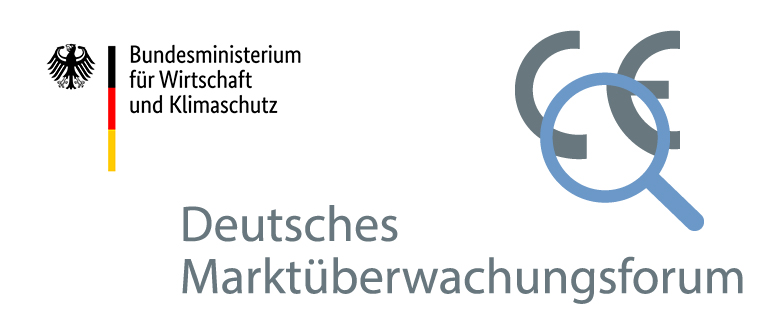Stronger enforcement of the Digital Services Act through data access
Year of issue 2025
Date of issue 2025.10.29
Today sees the entry into force of the EU’s delegated regulation on data access and the launch of the European Commission’s data access portal. This enables research into very large online platforms (VLOPs) and marks a key step in implementing the Digital Services Act (DSA).
Independent research plays a decisive role in creating a secure and trustworthy online environment for all users. The DSA therefore provides the possibility for researchers to access the data of VLOPs and very large online search engines (VLOSEs) for scientific purposes under certain conditions.
Independent scientific research using platform data can strengthen transparency and security in the online environment. The Bundesnetzagentur is well prepared for the task of reviewing applications from researchers and thus contributing to a smooth data access process.
Researchers better able to investigate online risks
Access to data will enable a better understanding of the functioning of VLOPs and VLOSEs as well as research into the potential risks for users. VLOPs and VLOSEs are required to grant vetted researchers access to non-public data for the purposes of scientific research into what are known as “systemic risks”. Possible questions for such research could include: Which content is shown to children and young people in social media feeds? What do platforms do to prevent the dissemination of illegal content? How do platforms protect consumers, for example from online financial scams, and how effective are the measures?
Digital Services Coordinator processes applications from researchers
Researchers have to submit a detailed, substantiated application and have to meet strict requirements in particular with respect to their independence and to data protection in order to gain access to the relevant data.
As of today, researchers can submit their applications to the Digital Services Coordinators (DSCs) via the DSA Data Access Portal, which the European Commission has specifically set up for this purpose. The German DSC has worked hard in preparing for the launch of the data access procedure so that it can review researchers’ data access applications swiftly and effectively and assess the applications as provided for by the DSA. In Germany, applications for data access are assessed in close consultation with the data protection authorities, which are involved in the process with respect to data protection issues.
Tasks of the Digital Services Coordinator
The DSC, based at the Bundesnetzagentur, is the central coordinating body for enforcement of the DSA in Germany. It monitors intermediary services, including online platforms, for compliance with their obligations. It acts as a central point for complaints by online users about infringements of the DSA and coordinates cooperation between competent authorities in Germany and the EU.
The DSC certifies out-of-court dispute settlement bodies and trusted flaggers. It also handles applications by researchers to gain access to the data of very large online platforms and search engines.
In its enforcement of the DSA, the DSC works together with the Federal Agency for Child and Youth Protection in the Media (BzKJ), the Media Authority of North Rhine-Westphalia coordinating for the media authorities of the federal states, the Federal Commissioner for Data Protection and Freedom of Information (BfDI), the European Commission and the DSCs of other Member States.
Further information is available (in German) at www.dsc.bund.de/dsc-forschungsdaten.



